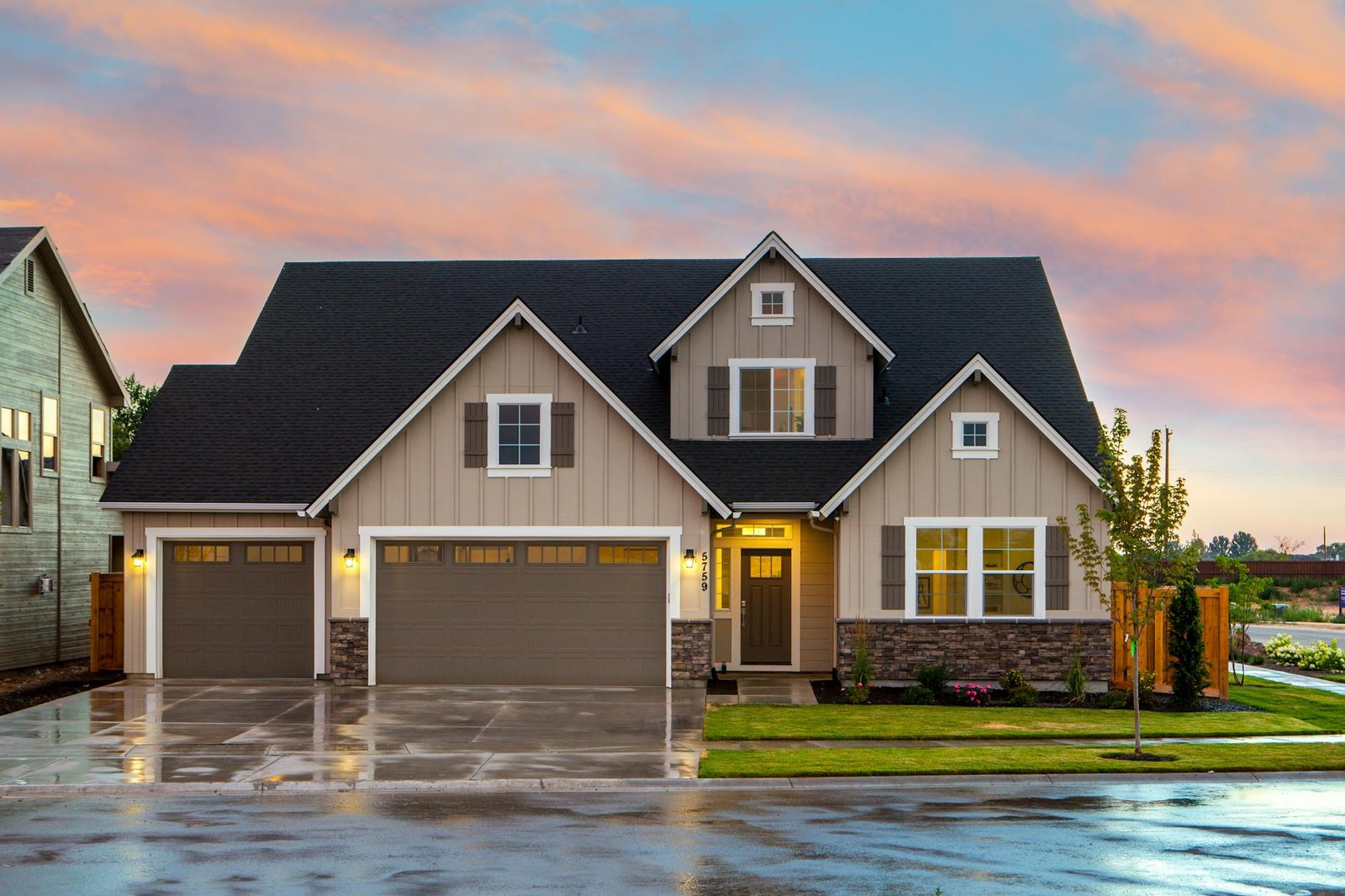The Augusta Rule: A Homeowner’s Tax Advantage
The Augusta Rule, also sometimes referred to as the Masters Rule, offers an amazing tax incentive for homeowners. This provision lets individuals to rent their personal residences for a limited amount of time each year without needing to declare the resulting income for tax purposes. It’s a particularly valuable strategy for those seeking to leverage their property to generate extra income, especially during periods of high demand or special events.

Understanding the Augusta Rule
The foundation of the Augusta Rule is found within Internal Revenue Code Section 280A. This section specifies the conditions under which owners of dwelling units can exclude rental earnings from their taxable income. The key requirement is that the property must be rented for a period of fewer than 15 days within a calendar year. This makes it an excellent option for short-term rentals, enabling homeowners to earn money without facing the typical tax obligations associated with rental properties.
Significant Benefits for Homeowners:
- Income Exemption: Any rental income generated under the 15-day threshold is not considered taxable income at the federal level.
- Streamlined Reporting: Homeowners are relieved of the obligation to report this particular income to the IRS, simplifying their tax preparation process.
- Financial Leverage: This rule presents a unique chance to boost personal finances, which can assist in covering homeownership expenses such as mortgage payments and ongoing maintenance.
Utilizing the Augusta Rule for Personal Financial Benefit
Beyond simply renting to external parties, the Augusta Rule can be strategically employed for personal financial optimization, particularly by homeowners who also operate a business. This involves the homeowner’s business leasing their own residence for legitimate company activities, such as crucial meetings, corporate conferences, or team-building retreats.
Steps to Implement This Strategy:
- Establish a Market-Based Rental Rate: Determine a reasonable daily rental charge for your home that is consistent with local market rates for comparable properties. This rate could be substantial per day, influenced by location and available amenities.
- Formalize the Arrangement: It is critical to meticulously document the rental arrangement. This documentation should include:
- A formal agreement or contract detailing the rental terms between you (as the homeowner) and your business.
- Invoices for each rental period.
- Records of payments made by your business to you for the use of the property.
- Claim the Business Deduction: Your business can then deduct these rental payments as a legitimate operating expense, which reduces its overall taxable income.

Illustrative Example:
Consider a homeowner who uses their primary residence for a 3-day business strategy session for their company.DetailCalculation / AmountDaily Rental Rate$300Duration of Rental3 daysTotal Rental Payment$900 ($300 x 3)Business Tax Deduction$900
In this scenario, the homeowner’s business can claim a $900 deduction, which lowers its taxable income. Concurrently, the homeowner receives $900 in rental income that is tax-exempt under the Augusta Rule, as it falls within the 15-day annual limit.
Calculating Tax Deductions and Advantages
The strategic application of the Augusta Rule can lead to considerable tax deductions. Let’s examine a scenario where a homeowner maximizes the rule’s potential by leasing their home to their business for the full 14-day allowable limit.
Maximizing Deductions:
DetailCalculation / AmountDaily Rental Rate$500Maximum Allowable Rental Days14 daysTotal Rental Payment$7,000 ($500 x 14)Business Tax Deduction$7,000
In this instance, the business can claim a $7,000 deduction, and the homeowner receives this amount without any income tax obligation. This dual advantage makes the Augusta Rule a powerful instrument for optimizing one’s tax position.
Importance of Detailed Record Keeping:
To fully capitalize on the Augusta Rule and ensure adherence to IRS guidelines, maintaining thorough records is paramount. These records should encompass:
- The specific dates your home was rented.
- The agreed-upon rental charges for each period.
- Any relevant expenses incurred during these rental periods (though these expenses are generally not deductible by the homeowner when the income is already excluded).
Vital Considerations and Professional Guidance
While the Augusta Rule presents compelling tax benefits, it’s crucial to approach its implementation with prudence and comprehensive understanding. Tax laws are intricate and can vary significantly based on individual circumstances and geographical location.

Key Points to Remember:
- Consult a Tax Professional: Always seek advice from a qualified tax professional or financial advisor. They can provide bespoke guidance tailored to your unique financial situation, ensuring compliance with regulations while maximizing your benefits.
- Local and State Regulations: Be mindful that local and state tax laws may contain specific provisions that could influence how the federal Augusta Rule applies to your particular scenario. What proves advantageous at the federal level might not align with local ordinances.
- Maintain Scrupulous Documentation: As previously emphasized, meticulous documentation is not merely suggested but is essential to substantiate your claims, particularly in the event of an audit.
By combining a solid grasp of the Augusta Rule with expert professional advice and diligent record-keeping, homeowners can effectively utilize this provision to enhance their financial well-being and refine their overall tax strategy.
Earnings Disclaimer-Some of the links on this website are affiliate links. This means that if you click on a link and make a purchase, we may receive a small commission at no extra cost to you. We only recommend products or services that we believe will add value to our readers.

